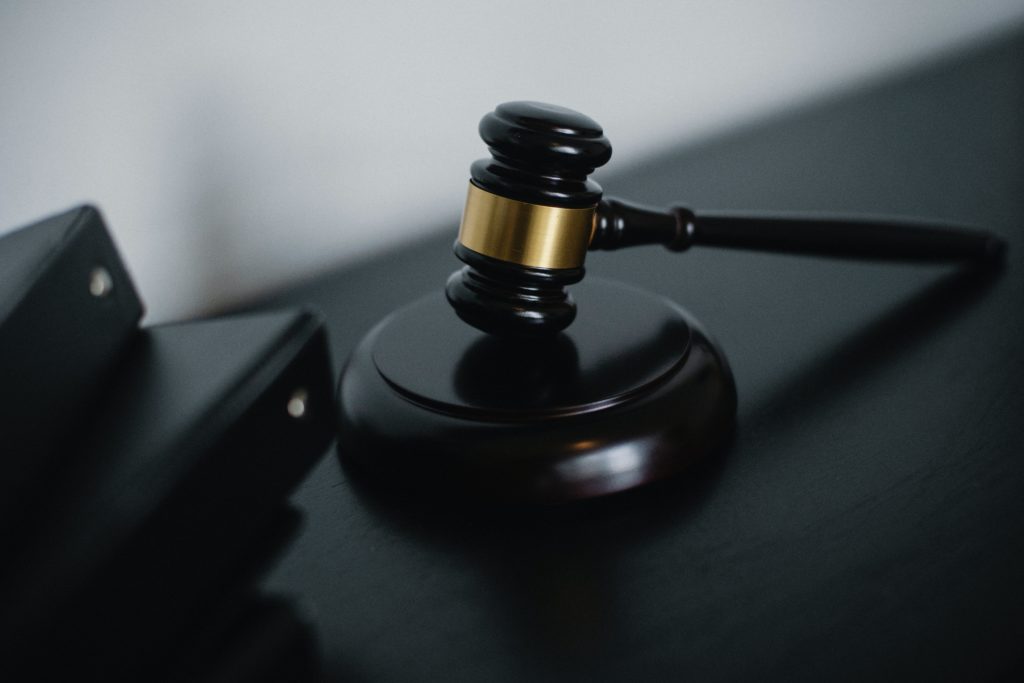Is a Holographic Will Actually Valid?
Over half of all states allow people to use a holographic will to bequeath their belongings to others. However, this type of will has some unique requirements if you want it to be legally valid. Whether it can actually be used after your death depends on a few factors.
What Is a Holographic Will?
A holographic will is, essentially, just a handwritten will. Holographic wills come in many forms. Some may be lengthy documents that describe exactly who gets what item. Others may just be a brief description saying something like, give everything to my third child. A holographic will can provide insight into what the deceased wants. However, they are harder to verify, so there is a chance that the will may not be accepted by the probate court. This can lead to lots of debates among estate planning litigation lawyers, and many holographic wills end up getting thrown out.
Does Your State Accept a Holographic Will?
Not everywhere will accept a holographic will. States that permit some form of holographic will include Alaska, Arizona, Arkansas, California, Colorado, Idaho, Kentucky, Louisiana, Maine, Michigan, Mississippi, Montana, Nebraska, Nevada, New Jersey, North Carolina, North Dakota, Oklahoma, Pennsylvania, South Dakota, Tennessee, Texas, Utah, Virginia, West Virginia and Wyoming.

Keep in mind that in some states, holographic wills are only allowed if they were written by an active military member or if they were written in a state that does allow holographic wills. Other states completely ignore any holographic will. Alabama, Delaware, Florida, Georgia, Illinois, Iowa, Kansas, Massachusetts, Minnesota, Missouri, New Hampshire, Ohio, Oregon, Rhode Island, Vermont and Wisconsin do not permit holographic wills in any form.
What Makes a Holographic Will Legal in New Jersey?
New Jersey’s qualifications for a holographic will are quite simple. To count as a legally valid holographic will in New Jersey, the signature and all the key will provisions just have to be handwritten by the deceased. The handwriting must be verifiably the deceased’s handwriting. Either a handwriting expert or a witness who is familiar with the deceased’s handwriting can verify the will’s validity. Since handwriting analysis is not always foolproof, this can lead to some debates on whether the will is valid.
Unlike in some other states, New Jersey does not require you to have witnesses or a date on a holographic will. New Jersey will requirements also do not require you to write the entire will yourself. Another person can write contextual paragraphs, the date or the title for the will as long as you write out the actual parts about who gets what asset. Finally, there are no requirements regarding the will’s format. It can be one sentence written on a napkin or a formal document written in a notebook.
Should You Make a Holographic Will?
When it comes to wills, something is better than nothing. If your only options are writing a holographic will or dying intestate, a holographic will is a decent choice. It can at least make your wishes known to your family and loved ones. However, a holographic will is not a good substitute for a will drafted by an estate planning lawyer.
The problem with holographic wills is that they can often be vague. A statement like, I want my furniture split between my kids, can lead to a lengthy battle with estate planning litigation lawyers about who gets grandma’s china. Getting a lawyer to write an actual will ensures that everything is as specific and clear as possible. Your lawyer can help you foresee potential will challenges, and they can even set up trusts or other structures that reduce taxes and stress for your heirs.
To get the best possible outcome for your estate planning, you need to consult with an experienced lawyer. The Knee Law Firm is here to help with all your estate planning needs in Paramus. We can assist you with creating wills, trusts, power of attorney documents and more. Fill out our contact form or call (201) 996-1200 to schedule a meeting with our team.